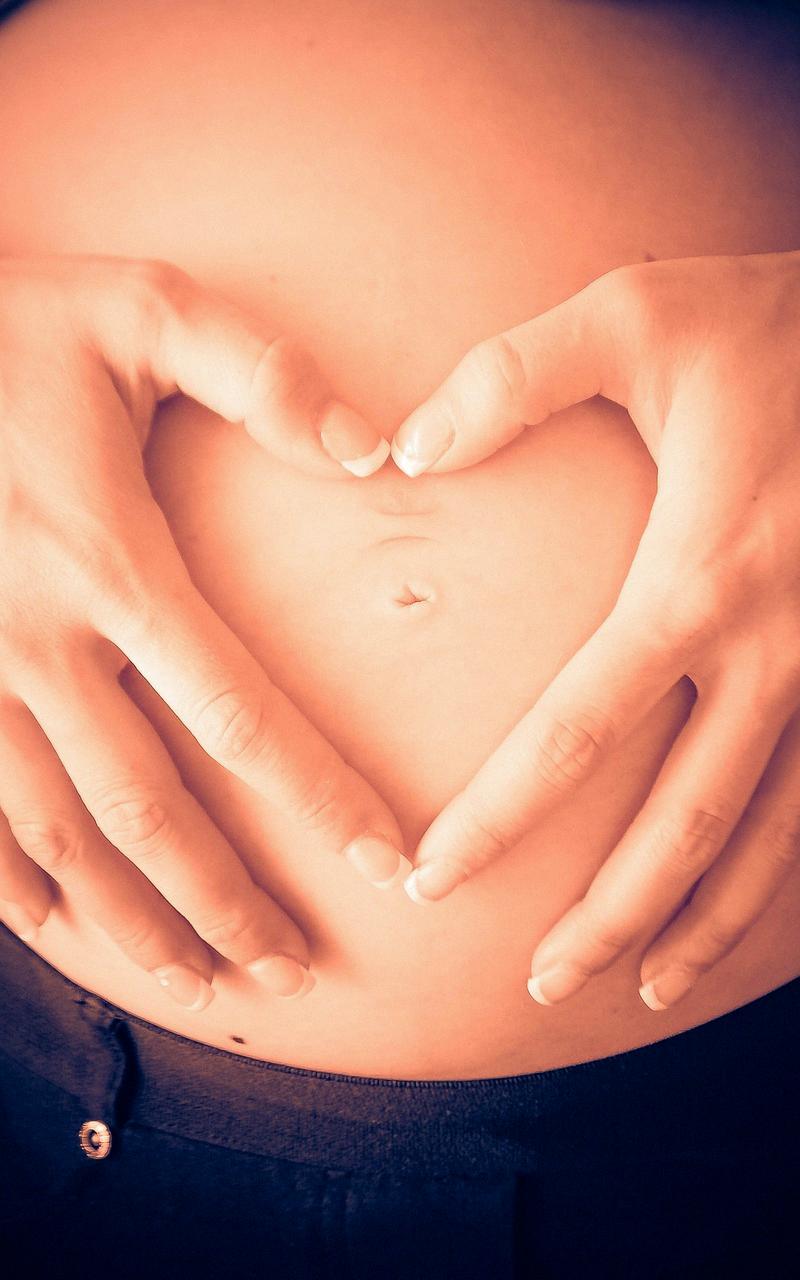If you’ve ever taken a pregnancy test, you might be familiar with the excitement and anxiety that comes with waiting for the results. But what happens when those results are not as straightforward as expected? One phenomenon that can cause confusion is known as the “Hook Effect.” This occurs when the levels of the pregnancy hormone hCG are so high that they overwhelm the test, leading to a false negative result. While this can occur in singleton pregnancies, it is also a possibility in the case of twins or even triplets.
What Causes the Hook Effect in Pregnancy Tests?
The Hook Effect happens when the concentration of hCG in urine is so elevated that it saturates the binding sites of the antibodies on the pregnancy test. As a result, the test is unable to accurately detect the hormone, leading to a false negative result. This phenomenon is more likely to occur in women who are further along in a singleton pregnancy with high hCG levels, but it can also be seen in early pregnancy with twins or multiples.
Signs and Symptoms of the Hook Effect
One of the key signs of the Hook Effect is getting a negative result on a pregnancy test despite experiencing symptoms of pregnancy, such as missed periods, nausea, and breast tenderness. It can be frustrating and confusing for individuals who suspect they might be pregnant, especially if they are carrying multiples and are not getting the expected positive result on the test.
How to Recognize and Address the Hook Effect
If you suspect that the Hook Effect might be causing a false negative result on your pregnancy test, there are a few strategies you can try. Diluting your urine sample or using a different type of pregnancy test that is less prone to the Hook Effect can help to mitigate the issue. Additionally, consulting with a healthcare provider for a blood test to measure the hCG levels more accurately can provide definitive answers.
Dealing with the Emotional Impact of the Hook Effect
Experiencing a false negative result on a pregnancy test due to the Hook Effect can be emotionally challenging. It is essential to remember that this phenomenon is relatively rare and does not necessarily indicate that something is wrong with your pregnancy. Seeking support from loved ones and healthcare professionals can help you navigate the feelings of uncertainty and confusion that may arise.
Seeking Professional Guidance for Multiple Pregnancies
If you suspect that you might be pregnant with twins or multiples and are concerned about the accuracy of your pregnancy test results, it is advisable to schedule an appointment with your healthcare provider. They can perform diagnostic tests, such as ultrasound screenings and blood tests, to confirm the presence of multiple pregnancies and ensure that you receive appropriate prenatal care.
Conclusion
In conclusion, the Hook Effect is a phenomenon that can lead to false negative results on pregnancy tests, including in cases of twin or multiple pregnancies. While it can be unsettling to receive inaccurate results, there are ways to address and overcome the challenges posed by this issue. By being aware of the signs and symptoms of the Hook Effect and seeking guidance from healthcare professionals, individuals can navigate this situation with confidence and clarity.

